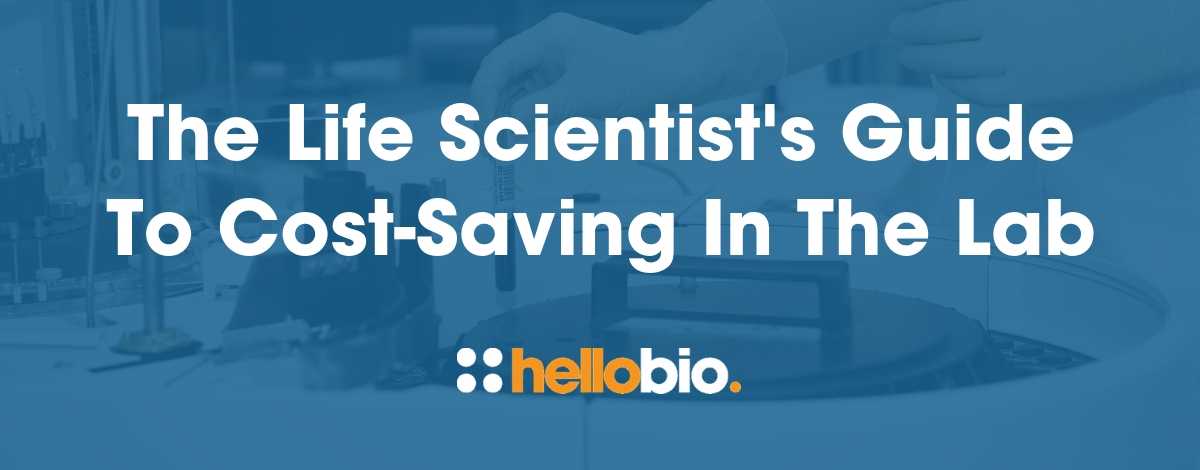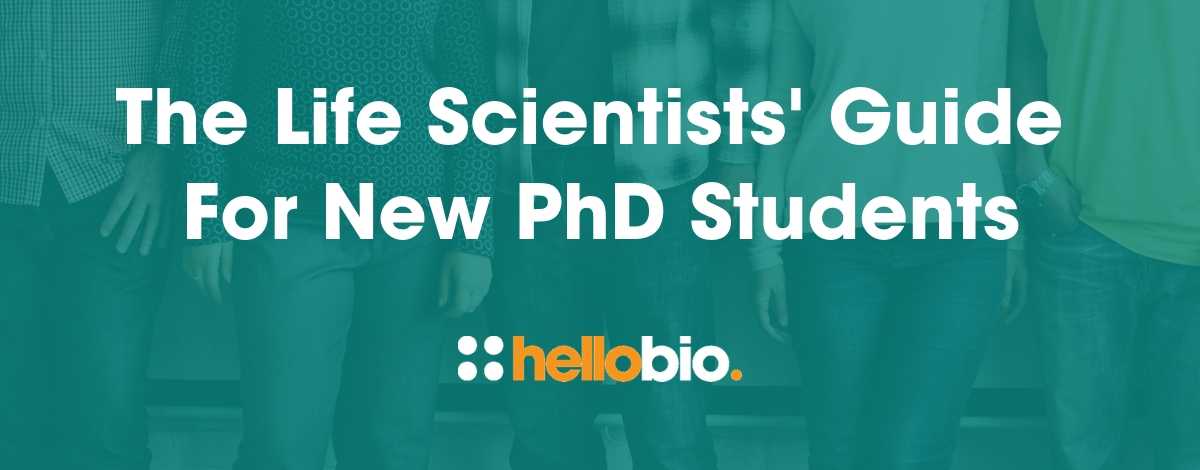Interviews with Scientists: Mélise Edwards
Mélise Edwards is a first year PhD Student in the Neuroscience and Behavior program at the University of Massachusetts. She is originally from North Carolina but spent four years living in Washington state before beginning her PhD program. Her research focuses on sex hormones and their multitudinous roles in cognition and aging. Aside from academia, Mélise is an avid rock-climber, nationally sponsored climbing athlete and is passionate about social justice.
Thanks so much for speaking to us, Mélise! Firstly, tell us a bit more about your PhD…
I’m a first year Neuroscience and Behavior student at the University of Massachusetts studying sex hormones, cognition and aging. I am really interested in exploring sex differences in aging, the effects that estrogen can have on cognitive functioning and the pathology underlying neurodegeneration.
Did you always want to be a scientist when you were younger?
Heck no! When I was younger, all I knew was that I loved learning and asking questions. It was intoxicating to learn something new and have an epiphanic moment with new subject matter. However, I didn’t always test well or have confidence about my place in academia. I saw scientists as many people do – as untouchable figures who must possess some inherent goodness or intelligence that I simply wasn’t born with.
There are of course stereotypes that consciously or subconsciously affect our confidence in pursuing certain career paths. I was not white. I was not a man with glasses. I had several interests including Russian literature, French, music, art, social justice, politics, biology and behavior. Scientists seemed to me to focus on one thing and be utterly dedicated to it, and I didn’t feel it was appropriate for me to even consider becoming one. When I started to think about graduate school, a tiny voice in my head said: “How dare you.” It took years of working in labs, strengthening my skills, defining for myself what type of scientist I wanted to be and letting this confidence be the fountainhead for my pursuit of higher education.
What are you enjoying most about your PhD?
So far I have loved everything. I love my program and their commitment to the success of their students, diversity, outreach and creating an amazing interdisciplinary community. I love my cohort and how supportive and inspiring they are. I love juggling a lot of different things that make me excited like STEM outreach, research, classes and seminars. I love being a part of different student-led committees where you can see how passionate folks are about not just being successful themselves, but making sure to better their environments for future scientists that occupy these institutions and spaces. I love having access to endless resources and tools that help with research projects. I am tired and often work every day of the week, but I truly wake up every day and feel so lucky and grateful that I get to do this.
What advice would you give to fellow first year PhD students?
So far, these are some areas that have been really important for me:
- Choosing an advisor:Having an amazing advisor who helps keep me accountable and pushes me, but also honors my work/life balance and always looks out for me in that regard is really amazing. I hope folks choose advisors who value this balance and their students’ wellbeing.
- Funding: In your first year, it is challenging and busy but it also is an important time to think about applying for funding. There are a lot of amazing opportunities in your first and second year for funding that may not be available to apply for later in your graduate career (e.g. NSF GRFP.) Therefore, if you can budget some time to work on applications each week you may secure funding which will look great on a CV, allow you more flexibility for your research and potentially not necessitate working as an RA/TA during the semester. It is also a great and essential experience to apply for fellowships and grants (even small travel grants) whenever you can.
- Work/life balance: This is something I’m still working on, and I don’t think there is a perfect way to go about this. This is where it really pays to know yourself, know what works best for you and recognize that you are in charge of your own schedule as a graduate student. I personally don’t mind doing a bit of work every day of the week while also treating myself every day to nice, long breaks. This works better for me but there are definitely some days you have to be in labs all day, dependent on the nature of your experiments and deadlines. I try to listen to my level of exhaustion and joy. Graduate school is a marathon; knowing this, I try to make myself feel rested and happy as often as I possibly can.
- Time commitments: I think it’s important to allow yourself to be involved in graduate school. Personally, I’m very interested in STEM outreach, diversity and social justice. These things are just as important to me as my research. If you have sincere interests in other things outside of your work, make time for them and budget your time wisely. Your academic success and research definitely need to be top priorities, but I think we’re taught to fear extracurricular involvement and I want to encourage people to challenge this.
What do you think are the biggest challenges facing life scientists and their work at the moment?
Funding is obviously always a concern, but I also often think about the political climate we exist in and how challenging this can be for scientists. We live in an era of ‘fake news’ and people preferring to delegitimize or disregard anything that contradicts their worldview even in the face of compelling evidence suggesting otherwise.
Tell us a bit more about what you’re working on at the moment...
On the research front, I’m working on analyzing nonhuman primate brains for tau and amyloid beta pathology while also learning how to perform RNA-sequencing of brain regions of interest. I am also applying for fellowships and grants for myself as well as an outreach program I am hoping to implement in 2020 that will combine mentorship, STEM and rock-climbing. I try to be an active member in my committees (Diversity committee, Outreach committee) and am a senator in the Graduate Student Senate. I also will be running a monthly women’s climbing night at the rock-climbing gym. Having a fellowship my first year of graduate school has been very helpful for being involved.
Outside the lab, what do you enjoy doing most?
I love hanging out with my dog Rupi, rock-climbing, running, reading (nonfiction, poetry, classics) and watching really ridiculous television shows. I also love dancing, singing, writing and stand up comedy (and I hope to do stand up one day!)
If you weren’t a scientist, what do you think you’d be doing?
I’d probably be a civil rights lawyer or politician. Or Beyoncé’s backup dancer.
________________________________________________
Thank you so much for speaking to us, Mélise! We wish you all the best with your PhD!
Mélise is a Spaulding-Smith Fellow administered by her university.
You can follow her on Twitter at @meliseymo
_________________________________________________
If you enjoyed reading this article, why not check out the other resources available on our blog. We are passionate about supporting early career life scientists and PhD students - with affordable reagents and biochemicals, travel grants, and resources to help with both personal and professional development. We know how tough it is - so we hope you find these helpful!
Advice & guidance for life scientists
Click below to view our of essential guides and articles includes to support life scientists, PhD students & early career life scientists:
Travel grants
Every month we give away $500 to PhD students and Postdocs so that they can attend a scientific conference - click below to find out more:
Wellbeing for scientists
Click below for our resources to help improve your wellbeing:
Technical resources
Try our Molarity Calculator: a quick and easy way to calculate the mass, volume or concentration required for making a solution.
Try our Dilution Calculator: an easy way to work out how to dilute stock solutions of known concentrations
Click below to see our Mini-reviews, Pathway Posters & Product Guides: a set of technical resources to answer your questions on a wide range of topics and to help you get started quickly.
And - when you get to the stage of planning your experiments, don't forget that we offer a range of agonists, antagonists, inhibitors, activators, antibodies and fluorescent tools at up to half the price of other suppliers - click below to see how we compare with other suppliers:






















